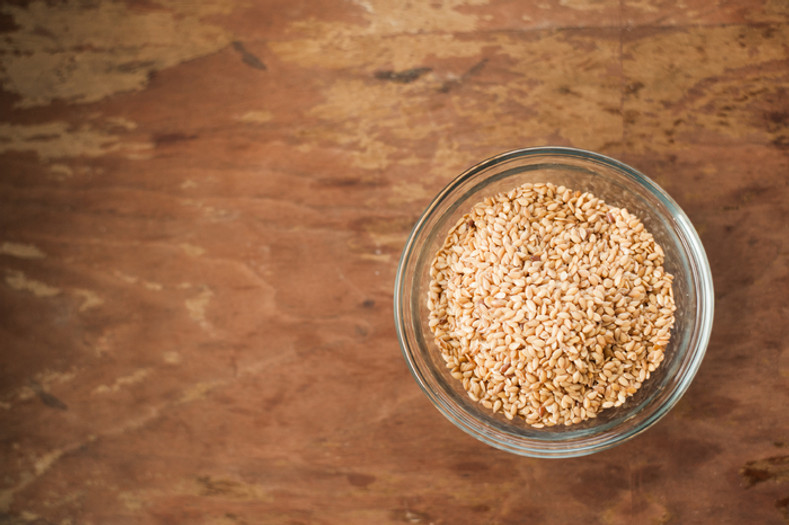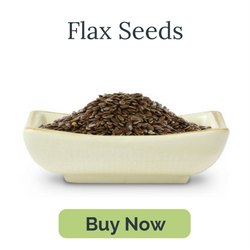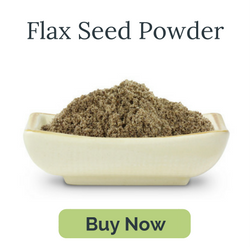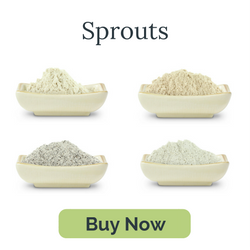Fiber-Rich Superfoods to Fight Inflammation

A surprising fact about the human body is that many of the health issues we face - from acne to more serious conditions such as high blood pressure - are results of the same cause: inflammation. Inflammation, one of our body’s natural immune responses, occurs as a result of stress or injury. And while some inflammation can be healthy and good for our bodies, too much inflammation can become a chronic issue that leads to health risks and issues.
While there are multiple ways to reduce inflammation levels in our bodies, one of the most effective ways to do so is with food. More specifically, fiber-rich foods have been known to reduce inflammation by interacting with the bacteria found in your gut and producing a fatty acid called butyrate. Butyrate fights inflammation by controlling the pro-inflammatory messages that reach the gut, saving that part of the body from chronic inflammation, which is the cause of conditions such as Crohn’s disease and colitis. Additionally, support of the good bacteria in the gut also acts as support of our immune system. The more supported our immune system, the less likely it is to fall out of whack when it comes to inflammatory responses.
In order to create a fiber-rich diet, we can integrate some specific superfoods that pack a punch of fiber into our favorite meals. For example, chia seeds contain more fiber than most cereal grains per ounce. More specifically, one ounce of chia seeds contains 11 grams of dietary fiber, making it one of the richest sources of soluble fiber on the planet. The best way to get your daily fiber from chia seeds? By mixing chia seeds with water or another type of liquid (such as almond milk when you make chia pudding), we can ensure that the seeds travel slower through our digestive tract, reducing the rate of glucose absorbed into the body. In other words, soaking your chia seeds helps you get all of its fibrous benefits without taking in too much sugar.
Another seed full of fiber? Flax seeds contain 100 times more fiber than wheat bran and come equipped with special fibers called lignans which assist the body in developing a strong immune system. Additionally, you can consume fibrous flax seeds as a powder! Click here for some great recipes that utilize flax seed powder as a main ingredient.
Flax seed powder isn’t the only superfood powder full of fiber! Quinoa sprout powder is one of the few plant-based source of complete protein, containing all of the essential amino acids - in other words, one serving of quinoa sprout powder helps you reach your daily goals for protein and fiber. By incorporating quinoa sprout powder into your morning smoothie, you can prepare your body in a plethora of ways for the day ahead.
Finally, perhaps an unexpected source of superfood fiber: Shredded coconut! While we often consider this superfood less of a main ingredient in our recipes and more of a topping or add-on, when we consider its health benefits it’s quite a surprise that it’s not more popular. One of coconut’s most well-known benefit is its high levels of fiber, but this fiber does much more than support the immune system, heart, and brain function. In fact, the fiber found in coconut helps the digestive system work properly, reducing cravings and satisfying our appetite, helping us lose weight!
Incorporating fibrous superfoods into our diets can help reduce inflammation levels in our bodies and keep us protected from issues like osteoporosis, autoimmune diseases, and heart disease. Looking for more information about disease prevention? Click here to read about how the foods we eat can help to keep our bodies healthy. Remember: The food we put into our bodies can be just as effective in disease prevention as many medications on the market; just remember to speak with a doctor or nutritionist before making any major diet or lifestyle changes.




